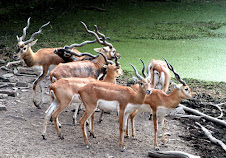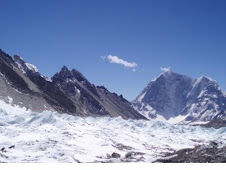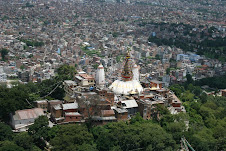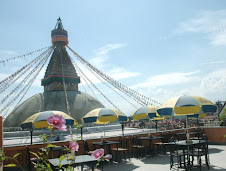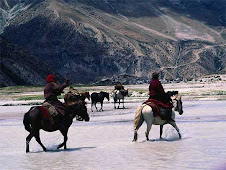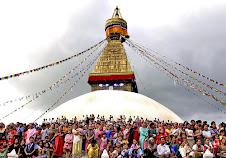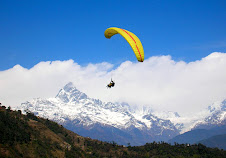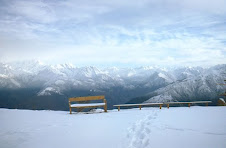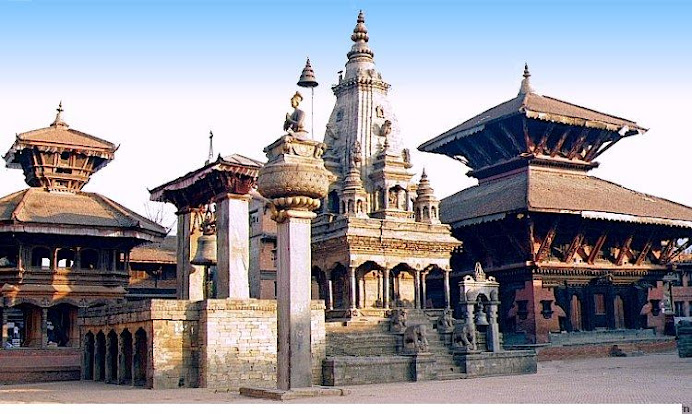
Village tourism has been emerged as a very new concept in the Nepalese tourism industry. Nepal is normally popular in the world for the adventure travel, white water rafting and great jungle safari, staying at the specially built resorts or the self pitched tents. A brand new concept of village tourism where the guests - YOU would be taken to the carefully picked up village where you would be given the chances to know the local people, their culture by allowing them to stay on one of the house as a family member. A few guest room and kitchen are developed without disturbing the village environment. Villages continue their daily normal works and guests enjoy participating in the village activities. As you would be staying as a family member with your host family, you can participate in all activities of their daily choirs.
The friendly and hearty behaviors of the family members gives you a different experience that you have never enjoyed before. You have the chance to eat the traditional local food prepared in the neat and clean kitchen, which are delicious and are hygienic.

Village / Rural Tourism
The tour gives you the chances to explore the real villages unlike having spent short time in different villages on trek. Your accommodation is in an actual home, allowing you to feel the cross-cultural exchange in the more authentic way unlike staying at the local lodge filled with other backpackers. You will be observing the real Nepalese cultural tradition from the closest quarter and intermingle with the locals. Besides, any expenses made at that level directly contribute to the welfare of the local community, which ultimately gives you the high sense of satisfaction.
Village Tours are normally conducted in Sirubari, Bandipur, Kakani and Gorkha and Villages like Ghalegaun Village, Gorkha Village, Dhading Village, Lumbini Village, Balnthali Village are well known for village tourism in Nepal.

Eco / Agro Tourism:
First Environmental Trekking has always given importance to Agro Tourism with the aim of showcasing new areas and promoting and developing the life style and economy of indigenous people residing in rural area. Nepal is known as an agricultural country and more than eighteen percent of its people are involved in farming. The fact is to be considered that they toil hard but are not able to get expected benefit in lack of modern technology and techniques. Our company believes that agro tourism allows you to be in close contact with the inhabitants of small rural villages being involved in traditional way of agriculture in this century. You can find out how food grains are harvested, sorted and preserved, how vegetables can be grown organically, how freshly picked fruits are turned into delicious marmalades, how goats are milked, cheeses are made, and so on.
Nepal has plenty of natural resources, which makes agro-tourism more popular and fascinating among tourists. During the summer season you will be exhilarated to see the farmers being involved in rice plantation. The techniques they follow for plantation and harvesting differs from one region to another. The laborious farmers turn their field into an opera theatre where they sing local songs and exchange funny remarks to avoid the sluggishness and sense of hard work. In winter season fields are adorned when wheat plant starts sprouting across the land. Not limited to this, every season is rich in its agricultural product and provides the tourists a life time experience.
Rice, wheat and maize are the major crops of Nepal. Farming systems and crop production in Nepal vary across the agricultural zones. Physically, the country is divided into four ecological strata: the southern terai plain; the southern mountain ranges; the central hill complex; the northern great Himalayas. Rice-based cropping systems, with wheat or maize as a secondary crop, are predominant in the terai and middle hills, whereas in the high mountains maize, millet, barley and buckwheat are cultivated. Tea, cardamom, ginger and coffee are the important cash crops of the middle hills. Likewise, wide ranges of temperate fruits in the high mountains; citrus in the middle hills; tropical/subtropical fruits are also grown in the terai and middle hill valleys. Vegetable-growing in kitchen gardens is practiced at all elevations. In addition to this Livestock is an important component of the Nepalese farming system providing food for humans, manure for plants, and draft power for farms and cash income for farm families. Cattle, buffaloes, sheep, goat, pigs and poultry are the livestock species reared across different agricultural zones.
Agro tourism has various different economic and socio cultural aims. The basis of the program is the revitalization of the countryside and reversal of urban trend. It brings tourists to the countryside instead of over populating cities. You can meet lovely and hard working people of rural area, share a meal with them, stay at their houses as family guests, taste their local drink and see them carry on with life graciously. In addition, to the heartwarming hospitality, you will also witness some of the most spectacular views of the mountain landscapes or heritage sites along the way.
Nepal is a predominantly rural society, and its rich culture and ethnic diversity are best experienced in its villages. A growing number of program’s enable visitors to stay overnight in private homes in traditional villages far from the tourist trails.
Tourism and its economic benefits are far too concentrated in a few areas of Nepal, so village tourism is seen as a promising way to disperse visitors and spread the wealth. Under the best program's, local people get to keep 50 percent of the proceeds - that's big money, given the high rates charged by operators - and since all food and services are locally produced, virtually all of the money stays in the community. However, if village tourism catches on, get-rich-quick operators can be expected to dive in with cut-price packages that give locals a much smaller portion of the cut, so if you're considering a village stay, question prospective operators closely about where the money's going.

So if you're an individual or couple you should contact the companies well in advance and adjust your schedule to coordinate with already-scheduled departures.
A few language institutes and other organizations in Kathmandu also organize informal home stays with individual families in and around the valley. Most of these are intended specifically to provide Nepali language immersion, but at least one programme is set up for tourists just wanting to spend a weekend with a Nepali family.
Please note: If in case you want to experience of Nepalese culture and society staying with a Nepalese family for few days, I can arrange such host family to welcome you to stay with them.
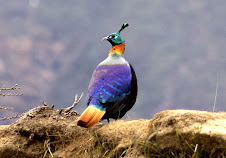


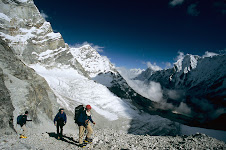
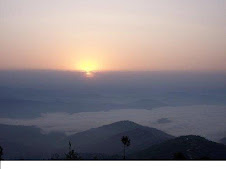
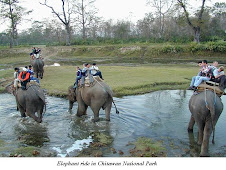
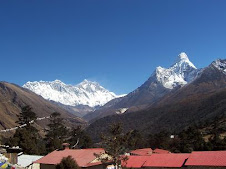
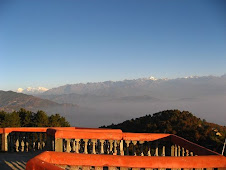

.jpg)
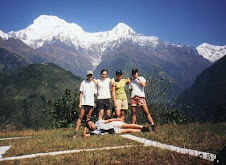
.jpg)
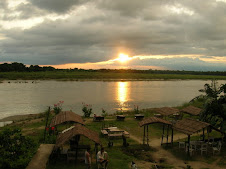
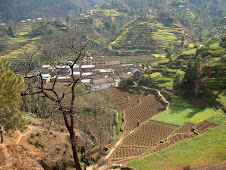
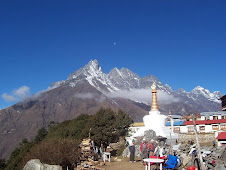
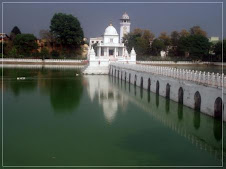
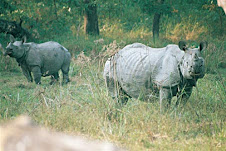
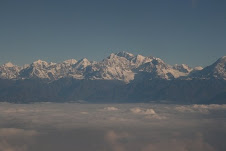
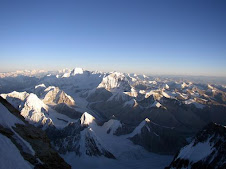

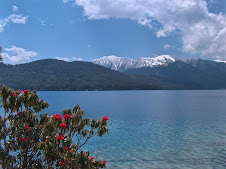
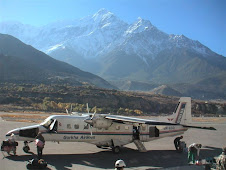

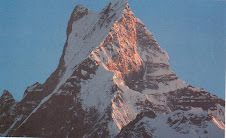
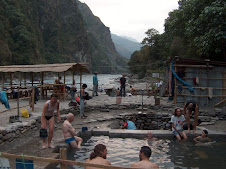

.jpg)
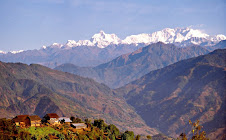
.jpg)
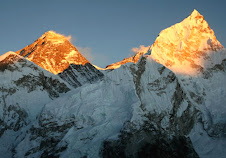
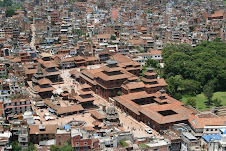

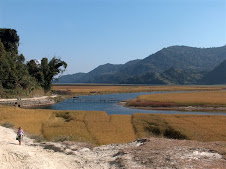
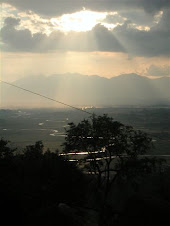
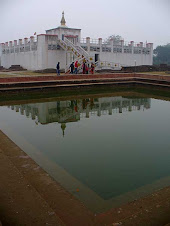
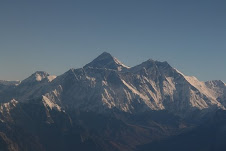
+-+Pokhara.jpg)
.jpg)
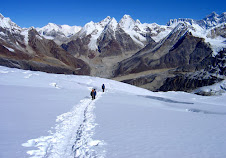
.jpg)
